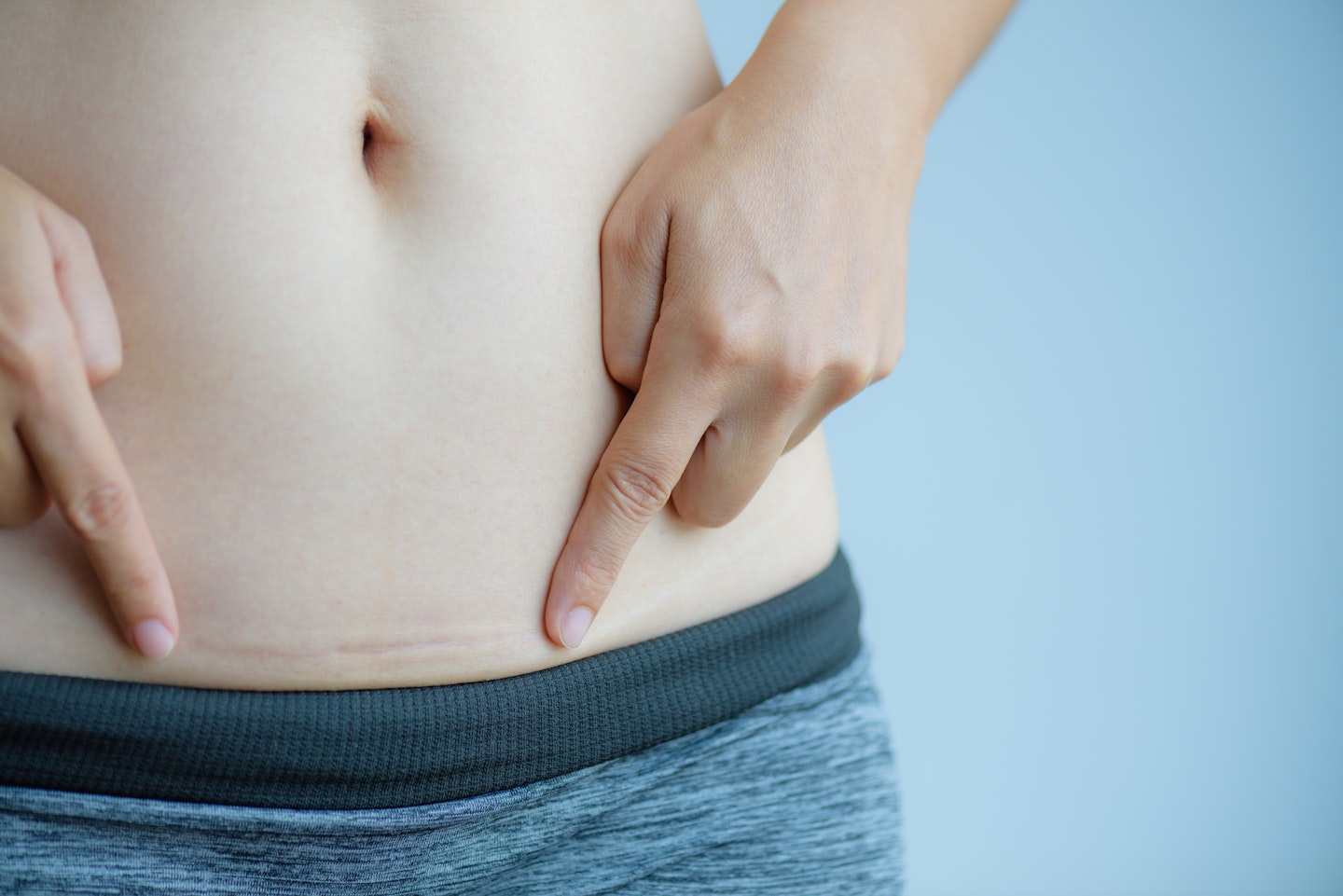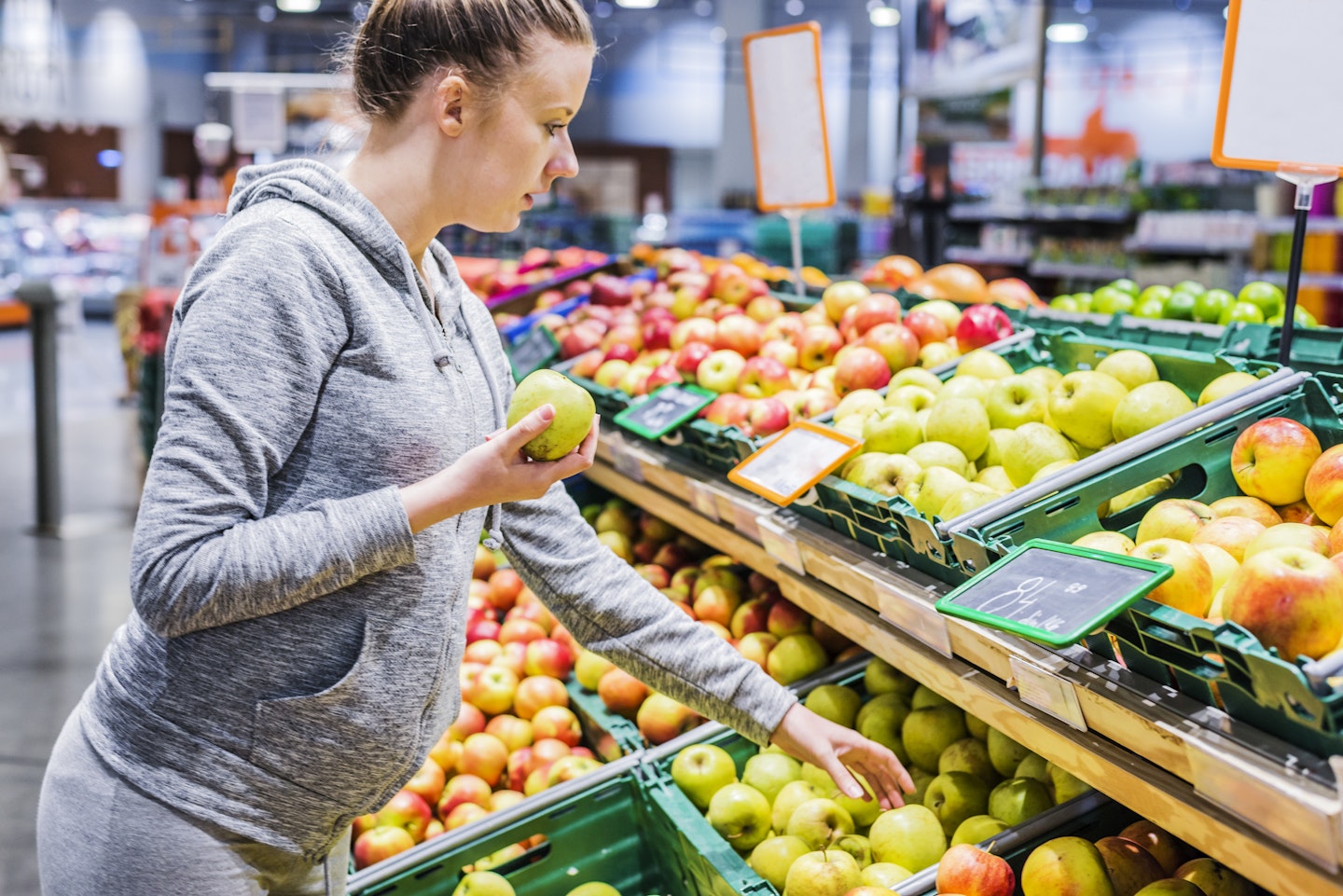New mums take note: Did you know that your gut health powerfully impacts your baby?
Scientists agree that the gut microbiome affects virtually all aspects of human health, including your baby’s chance of ending up with autoimmune conditions like eczema, IBS, diabetes, obesity, coronary heart disease, Crohn’s, ulcerative colitis and mood disorders.
Shann Jones, nutritionist, gut health expert and founder of Chuckling Goat kefir, shares her advice on what you can do to boost your gut health before, during and after your baby’s birth...

The time before, during and after birth is a time when the gut microbiome takes centre stage in human health. What happens during this window of time will literally set up your baby’s health for future life.
Here’s how it works; your baby inherits his or her microbiome from mum and dad, then this genetic inheritance is then sealed by the method of birth, as well as the baby’s diet after birth.
Pregnancy

Your own diet powerfully impacts your baby’s microbiome development.
Studies have shown that mothers who drank milk with a probiotic supplement like kefir during and after pregnancy were able to cut the incidence of eczema in their children by almost half.
During birth:

Birth method matters to the gut microbiome!
Caesarean section babies are statistically more prone to develop allergies, chronic inflammatory diseases, and metabolic diseases.
Antibiotics administered during labour delay healthy gut bacteria in babies.
And the composition of the gut microbiome in infants at six weeks of age appears to be associated with the delivery method by which they were born and how they were fed.
Postpartum:

Breastfeeding advocates will be unsurprised to hear that breastfeeding plays a critical role in 'seeding' the infant microbiome.
Nearly one-third of beneficial bacteria in a baby's intestinal tract comes directly from the mother's milk, and an additional 10 percent comes from the skin on the mother's breast.
After weaning, there is a brief window during which the microbiome can be further impacted; a child has until the age of two-and-a-half to establish healthy gut bacteria - with little change possible after this point.
5 ways to boost your gut health
Here are some easy ways you can boost your gut health during pregnancy and breastfeeding:
gut health boost
 1 of 5
1 of 51) Drink therapeutic-grade goats milk kefir before, during and after pregnancy - and give it to your baby as well.
Research has shown that kefir helps new mums heal faster post-partum, safely helps prevent baby blues, can help prevent mastitis innursing mothers, as well as aiding in the prevention of colic, acid reflux and constipation in infants.
 2 of 5
2 of 52) Eat gut-friendly foods
A fibre-rich diet that includes a lot of fruit, vegetables, and legumes -- typical of a Mediterranean diet -- is linked to a rise in good gut health.
That’s because fibre provides a happy home for your gut bugs; they ferment the fibres left over after the digestive process, and produce health-promoting short chain fatty acids as a result.
 3 of 5
3 of 53) Reduce sugar intake
Sugar kills the good bugs inside your gut, exactly like pouring bleach into a river kills the fish.
Research has shown that a high-sugar diet can impede the production of proteins that foster the growth of a bacterial species often found in lean, healthy people.
 4 of 5
4 of 54) Feed your good gut bugs
A good probiotic like kefir can put healthy live bacteria into your system. But then, you need to be responsible for looking after those bacteria!
Probiotics eat prebiotics, which can be found in foods like chicory root, Jerusalem artichoke, dandelion greens, onions, garlic, leeks, asparagus, bananas and barley.
Note: a lot of these foods are bitter, which is no accident! Bitter foods stimulate the flow of bile in your liver, and aid gut health.
 5 of 5
5 of 55) Do gut-friendly exercise
Gentle, appropriate exercise taken before, during and after birth can help improve your microbiome, so that your baby inherits the best possible mix of bacteria.
Research has shown active women have higher levels of health-promoting bacterial species than sedentaryones.
So get up off the couch, and take your gut bugs - and the baby - out for a nice walk! It will give your baby the best possible start in life.
Therapeutic-grade kefir suitable for babies and mums before, during and after pregnancy can be sourced from Chuckling Goat.
Meet the expert: Shann Jones, nutritionist, gut health expert and founder of Chuckling Goat kefir
This article was written by Shann Jones.
Now read:
Make sure you're following Mother & Baby on Instagramfor relatable memes, inspiring stories and parenting hacks!
Subscribe to Mother&Baby magazine for expert tips, must-have products and invaluable advice for mums, delivered straight to your door.
Whether you’re planning your new baby essentials shopping list, giving friends and family gift ideas, or planning for your baby shower, the Amazon Baby Wish List allows you to keep track of all your shopping ideas in one place.Click here to start yours today!
